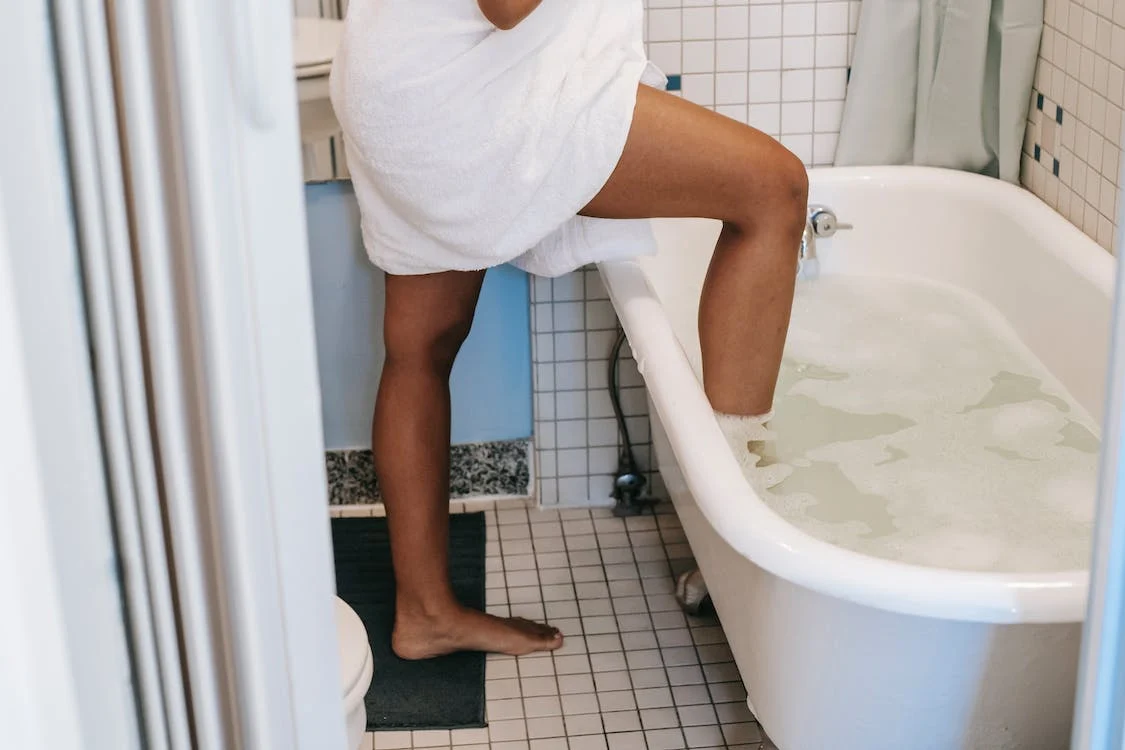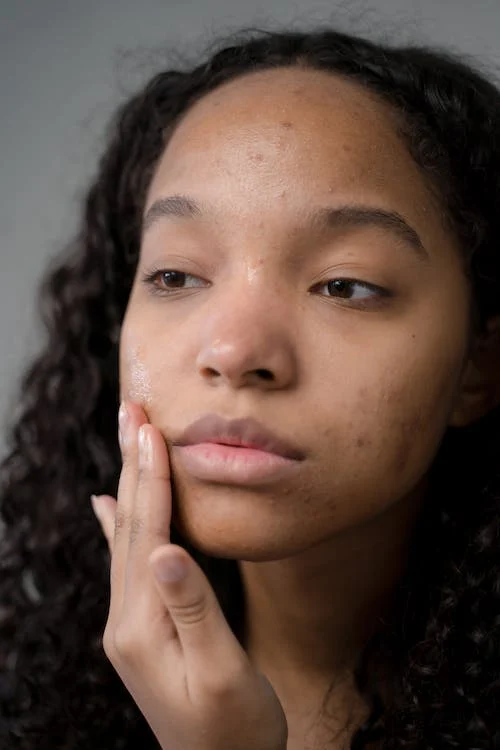Many people, perhaps even the majority, take a bath every day more out of habit and societal norms than out of concern for their own personal hygiene. Perhaps this is why the average number of times per week that people shower or take a bath varies so widely from one nation to the next. However, what constitutes appropriate behavior in this context varies considerably from one culture to the next. And when it comes to our cleaning practices, a significant portion (perhaps the majority) of what we do is heavily influenced by marketing. However, when it comes to issues concerning one’s health, it is not at all clear that taking a shower every day accomplishes very much at all. It’s possible that taking a shower every day is actually harmful to your health.
Health Effects of Daily Bathing
Dry, cracked skin may allow germs and allergens to penetrate the barrier skin is meant to provide, so allowing skin infections and allergic reactions to arise. Soaps with antibacterial properties can kill typical germs. This disrupts the equilibrium of bacteria on the skin and promotes the formation of organisms that are more resistant to antibiotics and more robust.
In order to produce protective antibodies and “immune memory,” our immune systems require a certain level of stimulation from natural microbes, dirt, and other environmental exposures. Some physicians and dermatologists advise against daily bathing for children for this reason. Bathing or showering frequently over one’s lifetime may diminish the immune system’s effectiveness.
In addition, the water we use to bathe may contain salts, heavy metals, chlorine, fluoride, and other pollutants. It is likely that these may also cause issues.
How frequently should one bathe?
While there is no perfect frequency, doctors agree that multiple times each week is sufficient for the majority of individuals (unless you are grimy, sweaty, or have other reasons to shower more often). Three or four minute showers or baths that concentrate on the armpits and groin may suffice.
If you’re like me, it may be difficult to conceive not showering daily. However, if you do it for health reasons, it may be a habit worth breaking.
How much is excessive?
The dermatologists advise above does not need you to reduce your shower frequency. Each individual’s skin is unique, and it can alter from season to season.
For instance, if your skin is drier in the winter, excessive showering can cause acute dryness. However, taking a daily shower throughout the summer may not harm your skin.
Since there are no hard and fast laws on how much is too much, it is essential to learn your body and establish what your skin can take.
What happens if you don’t shower or bathe frequently enough?
You can shower too little, just as you may shower too much. Therefore, although taking fewer showers may improve skin health, you should not neglect personal cleanliness.
Perspiration glands cover the majority of your body and create sweat in response to overheating, stress, hormones, and physical activity. Sweat is odorless until it mixes with the naturally occurring microorganisms on the skin.
A few missed showers are unlikely to result in body odor, especially if you haven’t been exercising. The longer you go without a shower, though, the more body odor you will develop, especially in your armpits and groin.
Obviously, the risk of body odor is not the only reason to frequently shower or bathe. A accumulation of dead skin cells, grime, and sweat can be caused by poor hygiene and infrequent showering.
Infrequent showering can also lead to an imbalance of beneficial and bad germs on the skin. In addition to putting you at danger for skin infections, an overabundance of harmful bacteria on your skin puts you at risk for skin infections. This may result in dermatitis neglecta, in which patches of skin plaque develop due to insufficient washing.
Additionally, bathing eliminates dead skin cells. These cells can adhere to your skin and lead to hyperpigmentation if you don’t bathe frequently enough. The problem can be remedied by resuming proper hygiene practices.
You may suffer the following if you wait too long between showers:
- increased body odor
- acne
- flare-ups of skin disorders such as eczema, psoriasis, and dermatitis
- skin infections
- regions of dark or discolored skin
The Most Effective Methods for Taking a Bath
- Scented soaps and other bath products, regardless of how pleasant their aroma may be, should be avoided since they have the potential to deplete the skin of moisture. According to the advice of specialists, you should look for items that specify “for sensitive skin.”
- You don’t need to scrub every part of your body. The face, armpits, and groin are the only parts of your body that should be washed with soap, according to experts; the rest of your body may get clean with simply water.
- You probably need to wash your body more frequently than you need to wash your hair. Your hair will be in better condition if you skip shampooing every other time you shower.
- Apply moisturizer after you’ve showered. A fragrance-free moisturizer is preferable, just as it is with soap.
- A shower that is lukewarm, not too long, and fragrance-free is all you need to get clean and healthy skin if you follow the advice in this article.
To put it simply
Even though maintaining good personal cleanliness is essential to good health, it is possible to take too many showers. It’s possible that taking a shower every day is part of your routine, but at the end of the day, you should focus on doing what’s healthiest for your skin.
Experimenting with taking fewer showers is something you should try if you have dry skin and are looking for a strategy to stop skin inflammation and irritation. Or, at the very least, reduce the length of your showers to no more than five minutes and do without the hot water.





